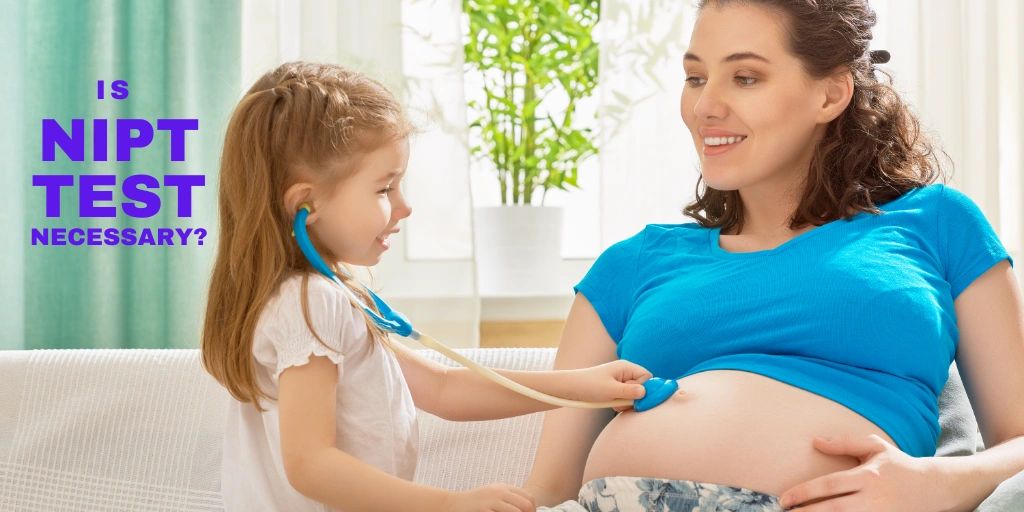Is NIPT test even necessary?
As an expecting parent, you want to learn as much as you can about your bundle of joy, and your doctor will want to know even more to ensure that your pregnancy runs smoothly and your baby is born healthy and happy. One way to provide your doctor with some of this important information is through Non-Invasive Prenatal Testing, or NIPT/NIPS.
What exactly is a NIPT test?
NIPT is a prenatal screening, which looks at DNA from your baby’s placenta via a sample of your blood to determine if your baby is at risk of developing a genetic disorder. NIPT screening does not, however, determine 100% that a baby has a genetic disorder – instead it offers data on the likelihood of the baby having a genetic disorder. Based on the findings in an NIPT screening, further testing may be recommended by your doctor.
What else should I know?
Mostly women are blessed with healthy babies. But sometimes babies are born with problems due to chromosome abnormalities. To detect these abnormalities, doctors recommend NIPT test.
A few years back NIPTs were only recommended for women at high risk but ACOG now recommends that doctors discuss all screening options with all pregnant women — regardless of age or risk.
If you don’t want to get a NIPT test done then there are other options but being invasive tests they increase the chances of miscarriage.

Can NIPT test be wrong for Down syndrome?
How early can NIPT test detect gender?
As early as nine weeks into your pregnancy, noninvasive prenatal tests (NIPT) can accurately identify the gender of your unborn child as well as trisomy 21 (Down syndrome) and other chromosomal abnormalities.
Is the NIPT test accurate for gender?
The current tests on the market have a very high accuracy rate of almost 90%. But how reliable are the NIPT kits for determining gender? Clinical investigations show that the tests’ accuracy ranges from 98 to 99.9%. Various manufacturers of these kits will claim differing levels of accuracy within this range.
Find more information and the answers to all your questions visit our NIPT page .





Very few doctors in my area who can prescribe it for me. Can I go myself to a clinic and get tested?